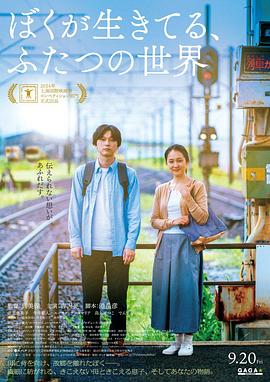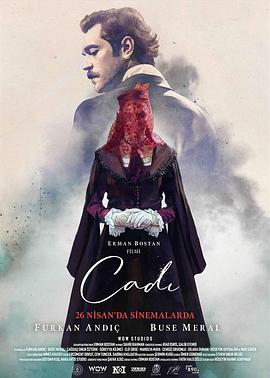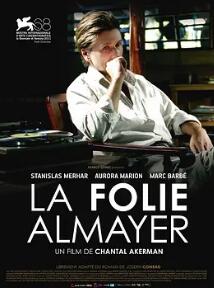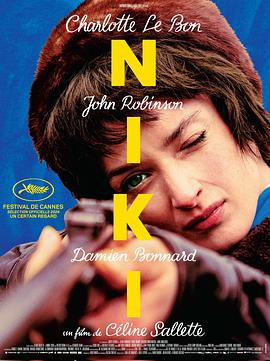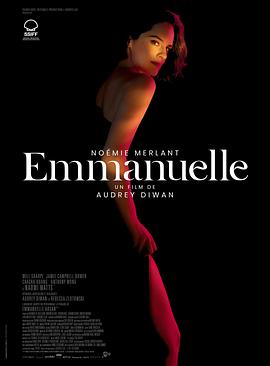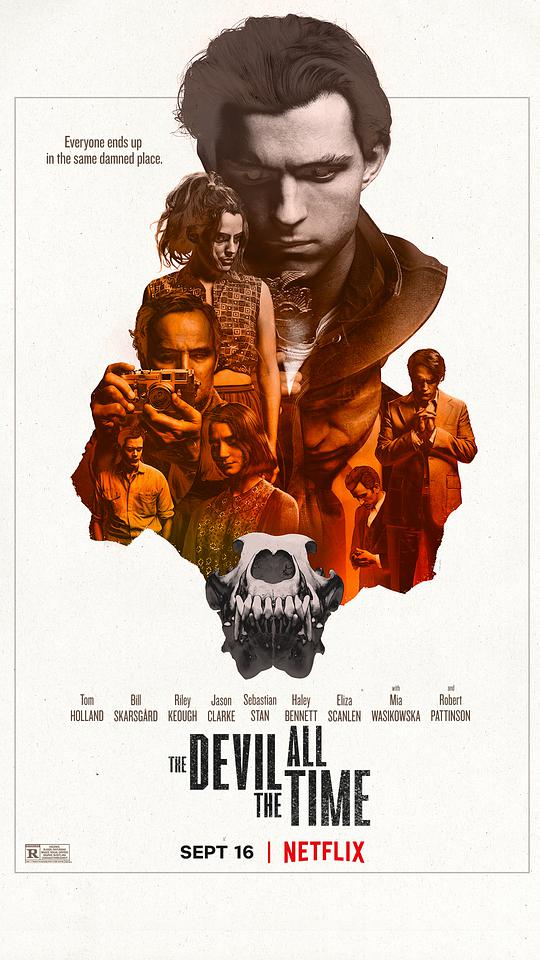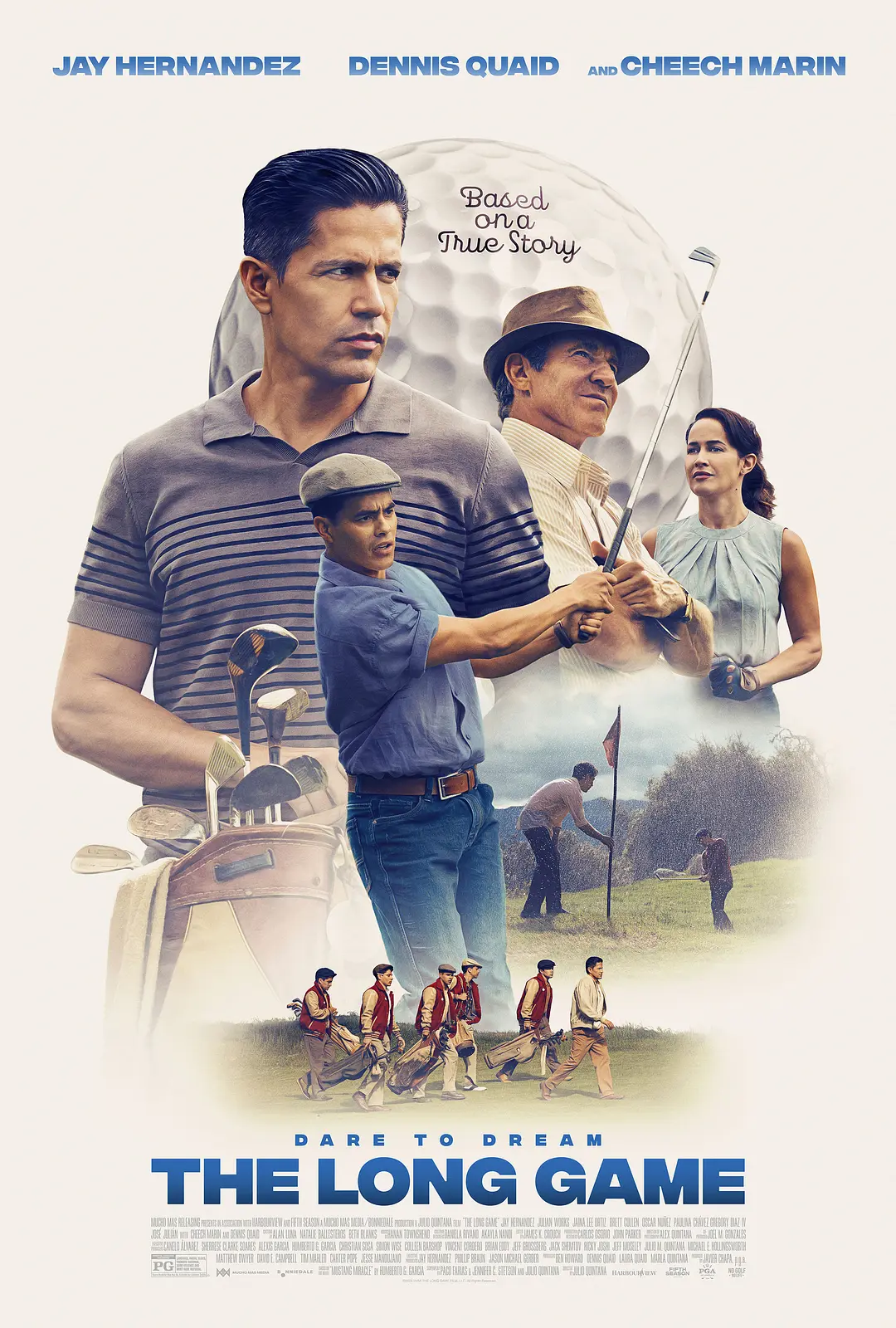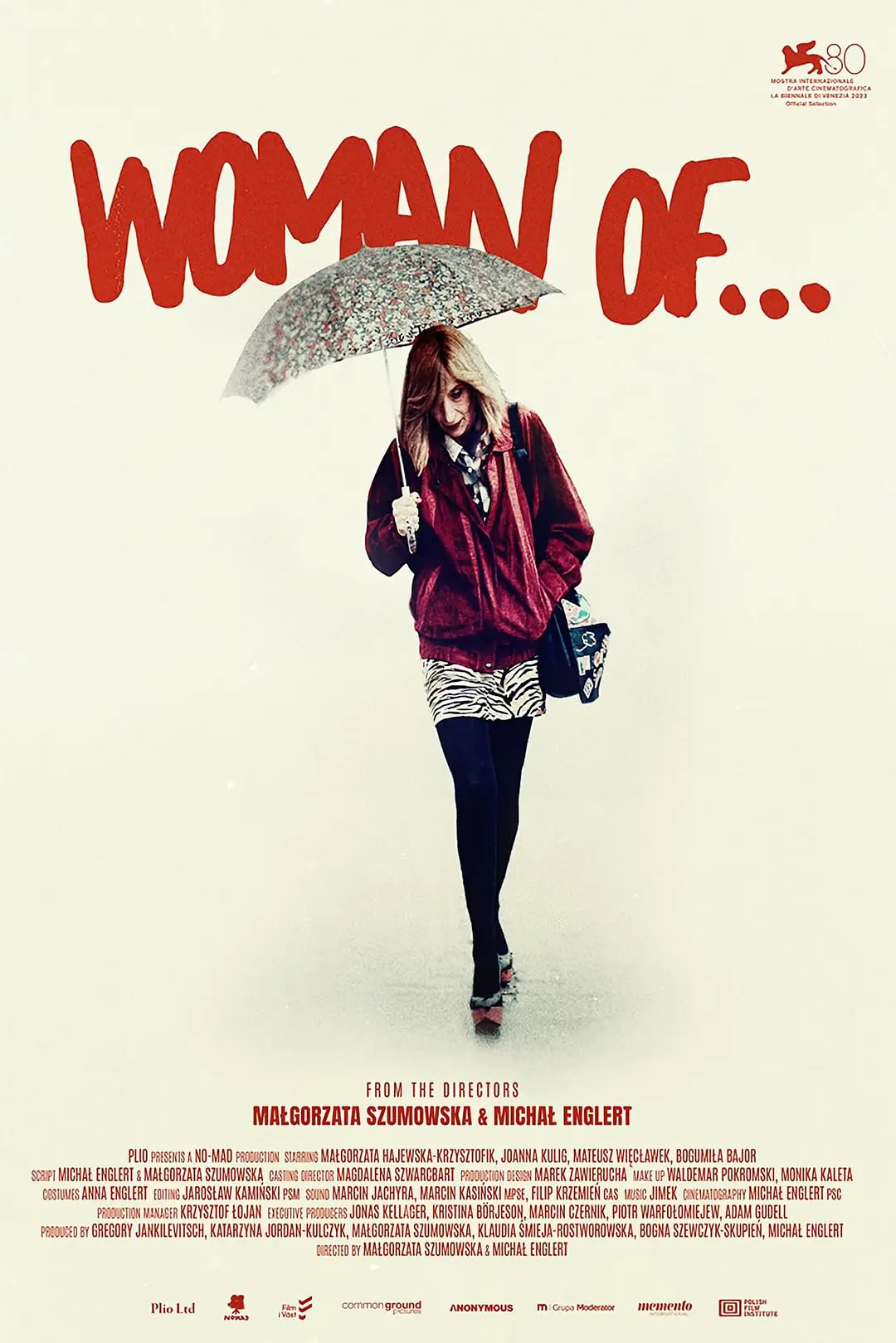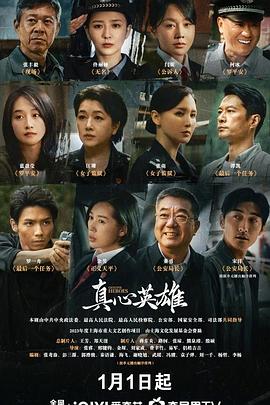- 正在播放《欧洲的某个地方》HD中字 - 非凡播放①
- 提醒手机无法全屏播放的,请开启手机的自动旋转即可恢复正常.
- 技巧如遇视频无法播放或加载速度慢,可尝试切换一下其他播放线路!
- 收藏龙腾影视网址:www.lt0911.cc / www.lt0911.cc ,记得收藏哟~
剧情:
Somewhere in the remote region, the war ends. In the midst of ruined cities and houses in the streets, in rural hamlets, everywhere where people still live, are children who have lost their homes and parents. Abandoned, hungry, and in rags, defenseless and humiliated, they wander through the world. Hunger drives them. Little streams of orphans merge into a river which rushes forward and submerges everything in its path. The children do not know any feeling; they know only the world of their enemies. They fight, steal, struggle for a mouthful of food, and violence is merely a means to get it. A gang led by Cahoun finds a refuge in an abandoned castle and encounters an old composer who has voluntarily retired into solitude from a world of hatred, treason, and crime. How can they find a common ground, how can they become mutual friends? The castle becomes their hiding place but possibly it will also be their first home which they may organize and must defend. But even for this, the price will be very high. To this simple story, the journalist, writer, poet, scriptwriter, movie director, and film theoretician Béla Balázs applied many years of experience. He and the director Géza Radványi created a work which opened a new postwar chapter in Hungarian film. Surprisingly, this film has not lost any of its impact over the years, especially on a profound philosophical level. That is to say, it is not merely a movie about war; it is not important in what location and in what period of time it takes place. It is a story outside of time about the joyless fate of children who pay dearly for the cruel war games of adults. At the time it was premiered, the movie was enthusiastically received by the critics. The main roles were taken by streetwise boys of a children's group who created their roles improvisationally in close contact with a few professional actors, and in the children's acting their own fresh experience of war's turmoil appears to be reflected. At the same time, their performance fits admirably into the mosaic of a very complex movie language. Balázs's influence revealed itself, above all, in the introductory sequences: an air raid on an amusement park, seen in a montage of dramatic situations evoking the last spasms of war, where, undoubtedly, we discern the influence of classical Soviet cinematography. Shooting, the boy's escape, the locomotive's wheels, the shadows of soldiers with submachine guns, the sound of a whistle—the images are linked together in abrupt sequences in which varying shots and expressive sharp sounds are emphasized. A perfectly planned screenplay avoided all elements of sentimentality, time-worn stereotypes of wronged children, romanticism and cheap simplification. The authors succeeded in bridging the perilous dramatic abyss of the metamorphosis of a children's community. Their telling of the story (the scene of pillaging, the assault on the castle, etc) independently introduced some neorealist elements which, at that time, were being propagated in Italy by De Sica, Rossellini, and other film artists. The rebukes of contemporary critics, who called attention to "formalism for its own sake" have been forgotten. The masterly art of cameraman Barnabás Hegyi gives vitality to the poetic images. His angle shots of the children, his composition of scenes in the castle interior, are a living document of the times, and underline the atmosphere and the characters of the protagonists. The success of the picture was also enhanced by the musical art of composer Dénes Buday who, in tense situations, inserted the theme of the Marseilaise into the movie's structure, as a motive of community unification, as an expression of friendship and the possibility of understanding. Valahol Europaban is the first significant postwar Hungarian film. It originated in a relaxed atmosphere, replete with joy and euphoria, and it includes these elements in order to demonstrate the strength of humanism, tolerance, and friendship. It represents a general condemnation of war anywhere in the world, in any form.
收起
相关影片
2024
剧情片
日本
正片
2024
剧情片
西班牙
I Cannot Live Without You centres on a successful middle-aged executive addicted to his devices whos
HD
2024
剧情片
土耳其
这部作品基于奥斯曼帝国崩溃时期关于“被诅咒的房子”的传闻。故事讲述了不情愿地作为新娘来到阴暗的伊斯坦布尔大宅的菲克里耶,以及这座大宅神秘的主人纳西特·内菲·埃芬迪,他们将踏上一段揭开过去黑暗秘密的旅程
HD
2024
剧情片
美国
三个成年兄弟姐妹(拉莫特-基普内斯、道登、劳埃德-琼斯)在圣诞节回到童年的家,履行已故祖母的遗愿,并试图就家族公司的新领导达成一致。安妮·默克尔(波士顿)——也被称为奇迹夫人——假扮遗产规划师,用
HD中字
2024
剧情片
其它
HD中字
2025
剧情片
美国
詹妮弗·洛佩兹 鲍比·坎纳瓦尔 肖恩·海托西 迈克尔·佩纳 唐·钱德尔 麦凯尔泰·威廉逊 贾雷尔·杰罗姆 朱莉安娜·甘米兹 梅丽莎·迪亚兹 Alex Barone Tiffany Cornwell 卡洛斯·索洛萨诺 Chrissy Bergeron Mateo Ray Garcia 帕克·萨克 Noen Perez 奇梅奇·奥帕拉诺齐 Timothy Hornor Levee Duplay 本杰明·贝奈特
杰森·霍尔([美国狙击手])将自编自导聚焦摔跤明星Anthony Robles的新片[势不可挡](Unstoppable,暂译)。本片改编自Robles的回忆录,约翰·辛德曼撰写了剧本的最新稿。R
HD中字
2024
剧情片
美国
退休音乐家林肯是一家唱片店的老板,也是疏远的姐妹莉迪亚、格雷西和阿比盖尔的父亲,在她们的母亲去世后,他与朋友吉内尔密谋让她们在圣诞节团聚。
HD中字
2011
剧情片
其它
《奥迈耶的痴梦》改编自约瑟夫·康拉德1895年发表的处女作小说,影片在马来西亚取景拍摄,被《电影手册》评为2011年法国今年最受期待的新片之一。该片讲述了一位荷兰富商在马来西亚寻找黄金的故事。
HD中字
2025
剧情片
大陆
HD
2024
剧情片
法国,比利时
夏洛特·勒·邦 约翰·罗宾森 达米安·勃纳尔 茱迪丝·谢拉 亚兰·佛马杰 维吉尔·布莱米 格雷·蒙赛京 诺拉·阿娜泽德尔 John Fou 康坦·多尔迈尔 Hugo Brunswick 埃里克·普舒 Xavier de Guillebon Romain Sandère 阿瑟·克瓦斯内特 Léo Dussollier Maxime Saint-Jean 奥利维亚·罗斯 塞缪尔·杜 托马斯·席柏斯坦
1952年,妮基为了逃离麦卡锡主义时期的美国,同丈夫和女儿回到法国,但童年遭遇的不安回忆依旧在妮基的脑海中挥之不去。为了能够解脱出来,她试图从艺术中找到力量。本片是关于法裔美国艺术家妮基·圣法勒(Ni
HD
2024
剧情片
中国大陆
HD
2024
剧情片
法国
诺米·梅兰特 福田知盛 杰米·坎贝尔·鲍尔 娜奥米·沃茨 黄秋生 黄恰恰 伊莎贝拉·魏 安德烈·多伦特 栢天男 Agathe Bokja Adrienne Lau Txomin Vergez 卡罗尔·法兰克 Bianca Lau Hu Kai
故事设定在中国香港,艾曼纽(诺米·梅兰特NoémieMerlant饰)去当地出差,因此展开了一趟与许多人相遇、寻找失落的欲望的旅程,她遇上一个叫Kei的男子,对方却一直躲避她。
正片
2020
剧情片
欧美
汤姆·赫兰德 罗伯特·帕丁森 比尔·斯卡斯加德 海莉·贝内特 丽莉·吉欧 哈利·米尔林 塞巴斯蒂安·斯坦 米娅·华希科沃斯卡 伊莱扎·斯坎伦 杰森·克拉克 道格拉斯·霍奇斯 德鲁·斯塔基 吉文·夏普 露西·浮士德 艾比·格洛弗 克里斯汀·格里菲斯 亚当·弗里斯托 大卫·马尔登那多 莫甘娜·布里吉尔斯 马克·杰弗里·米勒 迈克尔·哈丁 唐纳德·雷·波洛克 格雷戈瑞·凯利 科里·斯科特·艾伦 凯莱布·J·塔格德 菲利普·德沃纳
该片是一部中西部哥特风电影,安东尼奥·坎帕斯(《克里斯汀》)执导,讲述俄亥俄州偏远之地Knockemstiff,男主角WillardRussell绝望地想拯救濒死的妻子,不惜屈服于牺牲,而他的儿子(霍
已完结
2023
剧情片
美国
HD
2023
剧情片
波兰 / 瑞典
亚当试图在波兰一个小镇上成为一个好丈夫和父亲。但亚当开始感到自己的身体越来越不舒服,因为这个身体并没有反映出他的真实身份。
HD
正在热播
更多
2025
国产剧
中国大陆
独家推荐
更新至32集
2025
国产剧
中国大陆
推荐
更新至22集
2025
国产剧
中国大陆
独家推荐
更新至05集
2025
国产剧
中国大陆
独家推荐
全16集
2025
国产剧
大陆
独家推荐
更新至第31集
2024
国产剧
中国大陆
独家推荐
全40集
2024
动漫
日本
独家推荐
正片
2025
国产剧
大陆
独家推荐
全16集
2024
喜剧片
中国大陆
独家推荐
正片
2024
国产剧
中国大陆
独家推荐
更新至26集

